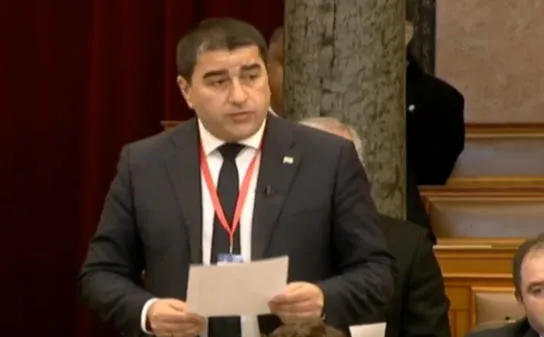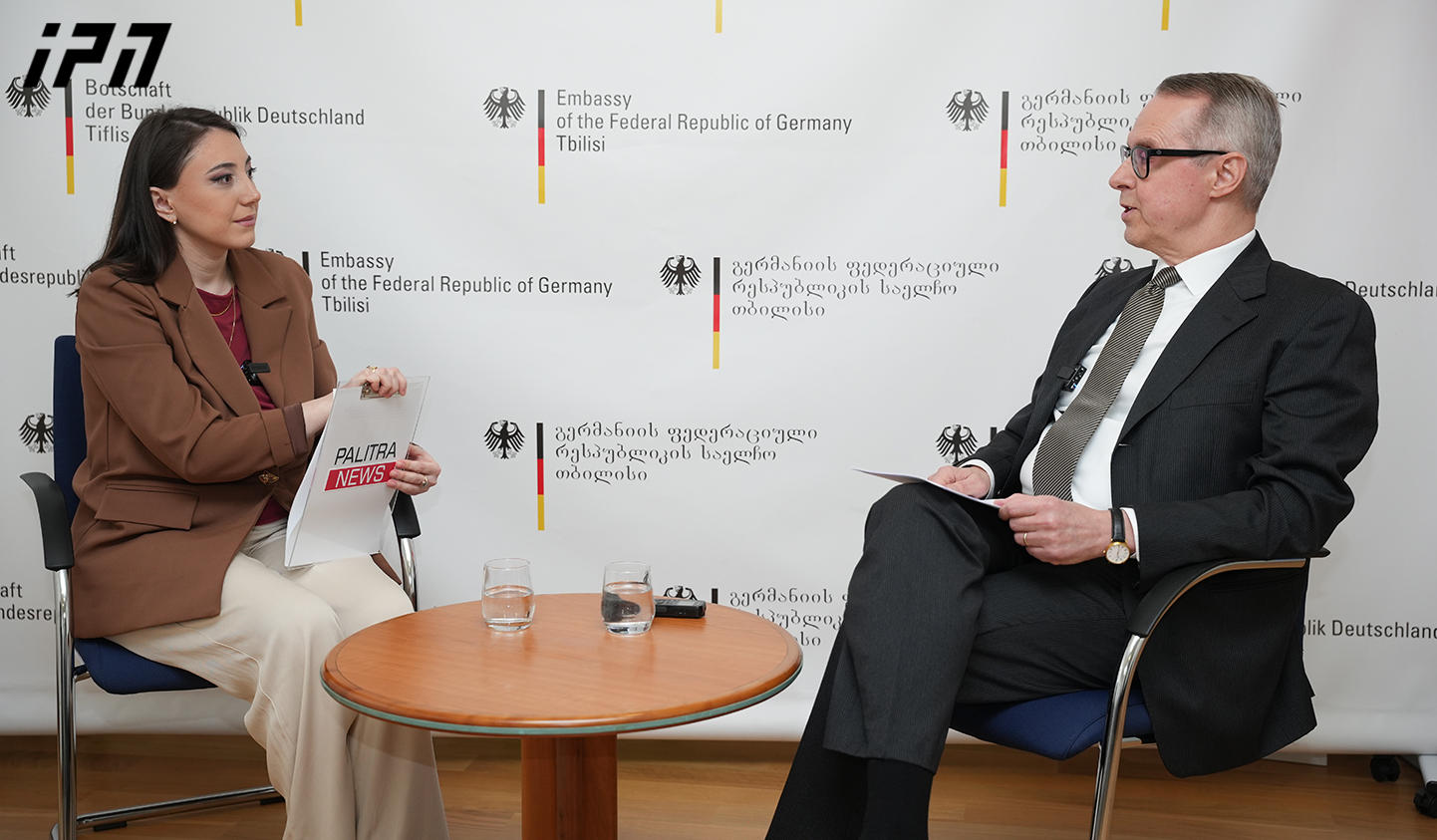Shalva Papuashvili: Some countries still need to be trained to become “true Europeans” – it is striking that there is a certain hierarchy of “Europeanness” within the European Union, even though, in principle, no one should have a monopoly on this issue

In recent years, ongoing geopolitical shifts have revealed that cultural identity is critically important in shaping the future of the European Union, said the Speaker of the Parliament of Georgia, Shalva Papuashvili, during his speech at the conference of EU member and partner countries’ parliamentary speakers in Budapest.
As he noted in his address, while other regions of the world are surpassing Europe economically, expanding their populations and military capabilities, Europe’s response must be rooted in our shared heritage, values, and a compelling vision for the future.
"A shared vision of Europe’s future should not be based on artificially constructed ideological concepts, but rather on civilizational values that have stood the test of time. The debate about Europe’s future must be a two-way dialogue, not a one-sided preaching of values that only a part of Europe understands and only a part of it shares.
Unfortunately, this is what we sometimes see in the approach of certain EU member states and institutions toward some member and candidate countries. The paradigm of this approach suggests that some countries must first be trained to become ‘true Europeans’ according to standards that are, by definition, inherently debatable.
As a newcomer to EU politics, it is strikingly obvious to us that there exists a certain hierarchy of ‘Europeanness’ within the EU. Yet in principle, no one should have a monopoly on this matter,” said Shalva Papuashvili.
According to him, the EU must listen to Greater Europe – to the new, the old, and the ancient alike.
“Europe has always evolved, and its current institutional form – the European Union – does not represent the entirety of Europe. That is why the EU must listen to Greater Europe – the new, the old, and the ancient.
In our case, although Georgia gained formal independence in 1991, we have a centuries-long history of national governance and a unique culture that spans millennia. The foundations of our parliamentarism date back to the time of the Magna Carta, when Georgia witnessed its first attempt to limit the powers of absolute monarchy.
We are also co-creators of modern democratic Europe. I represent a parliament that was democratically elected for the first time in 1919, featuring the world’s first progressive Social Democratic majority at the international level, and which ensured full voting rights for women, including the election of five female MPs – 106 years ago.
Therefore, for Georgia, EU membership does not mean joining an exclusive club, but rather a long-overdue reunification,” said Shalva Papuashvili.
